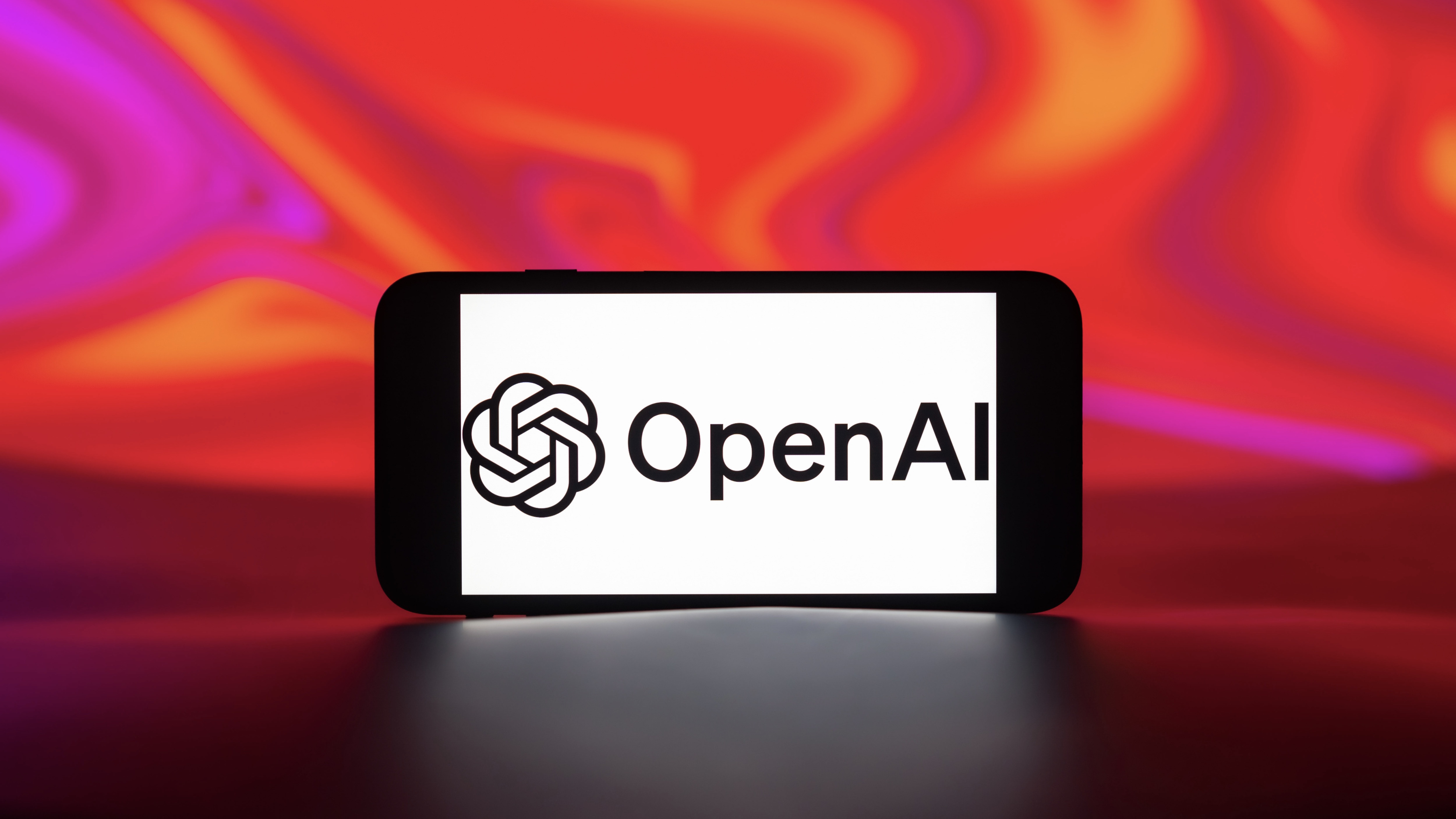Hugging Face just launched an open source alternative to OpenAI’s custom GPT builder, and it’s free
Hugging Face looks primed to position its new assistant creation platform as a direct competitor with OpenAI’s GPT Store, but how does it compare?

Rory Bathgate

Sign up today and you will receive a free copy of our Future Focus 2025 report - the leading guidance on AI, cybersecurity and other IT challenges as per 700+ senior executives
You are now subscribed
Your newsletter sign-up was successful
Hugging Face has unveiled a new feature called ‘Hugging Chat Assistants’ that allows users to create and customize their own AI chatbots in an apparent bid to provide an open source alternative to OpenAI’s ‘GPT Store’.
The announcement was made on X by Hugging Face’s technical lead and LLM director, Phillip Schmid, who paraded the efficiency of Hugging Face’s chat assistants.
Introducing Hugging Chat Assistant! 🤵 Build your own personal Assistant in Hugging Face Chat in 2 clicks! Similar to @OpenAI GPTs, you can now create custom versions of @huggingface Chat! 🤯An Assistant is defined by🏷️ Name, Avatar, and Description🧠 Any available open… pic.twitter.com/9XaReKgg9mFebruary 2, 2024
Schmid said that personalized chatbots could be created in just “two clicks,” complete with custom names, avatars, and system prompts.
Notably, he also touted Hugging Face’s new found capacity to rival other AI companies, candidly describing the new feature as “similar” to OpenAIs custom GPT offering.
OpenAI's custom GPT builder framework, offered through the GPT Store, enables users to create their own AI assistants based on specific individual business - or personal - needs.
Hugging Face’s offering, meanwhile, will provide public access to a similar collection of third-party Hugging Chat Assistants.
Hugging Face vs OpenAI: What’s better for building custom chatbots?
Both Hugging Face and OpenAI are catering to an ever-increasing demand for generative AI tools that fulfill specific use cases, though there are a couple of key differences with the launch of this latest framework.
Sign up today and you will receive a free copy of our Future Focus 2025 report - the leading guidance on AI, cybersecurity and other IT challenges as per 700+ senior executives
On a purely financial level, OpenAI levels a range of charges for its GPT builder, while Hugging Chat assistants are free to use.
OpenAI’s cheapest offering is ChatGPT Plus for $20 a month, followed by ChatGPT Team at $25 a month and ChatGPT Enterprise, the cost of which depends on the size and scope of the enterprise user.
Part of the reason Hugging Face is able to offer such a competitive alternative is because it uses open source large language models (LLMs).
OpenAI's GPT builder and GPT Store rely entirely on its proprietary, closed source LLMs, GPT-4, GPT-4 Vision, and GPT-4 Turbo.
Hugging Face users, by contrast, are offered a wider variety of models, including Mistral’s Mixtral platform and Meta’s Llama 2.
While Llama 2 can’t quite outperform GPT-4 yet, it runs at a similar level and, without the hefty price tag, it’s an attractive alternative.
There are still a few advantages to OpenAI's GPTs, however, such as the ability to generate images by utilizing OpenAI's inhouse Dall-E 3 engine.
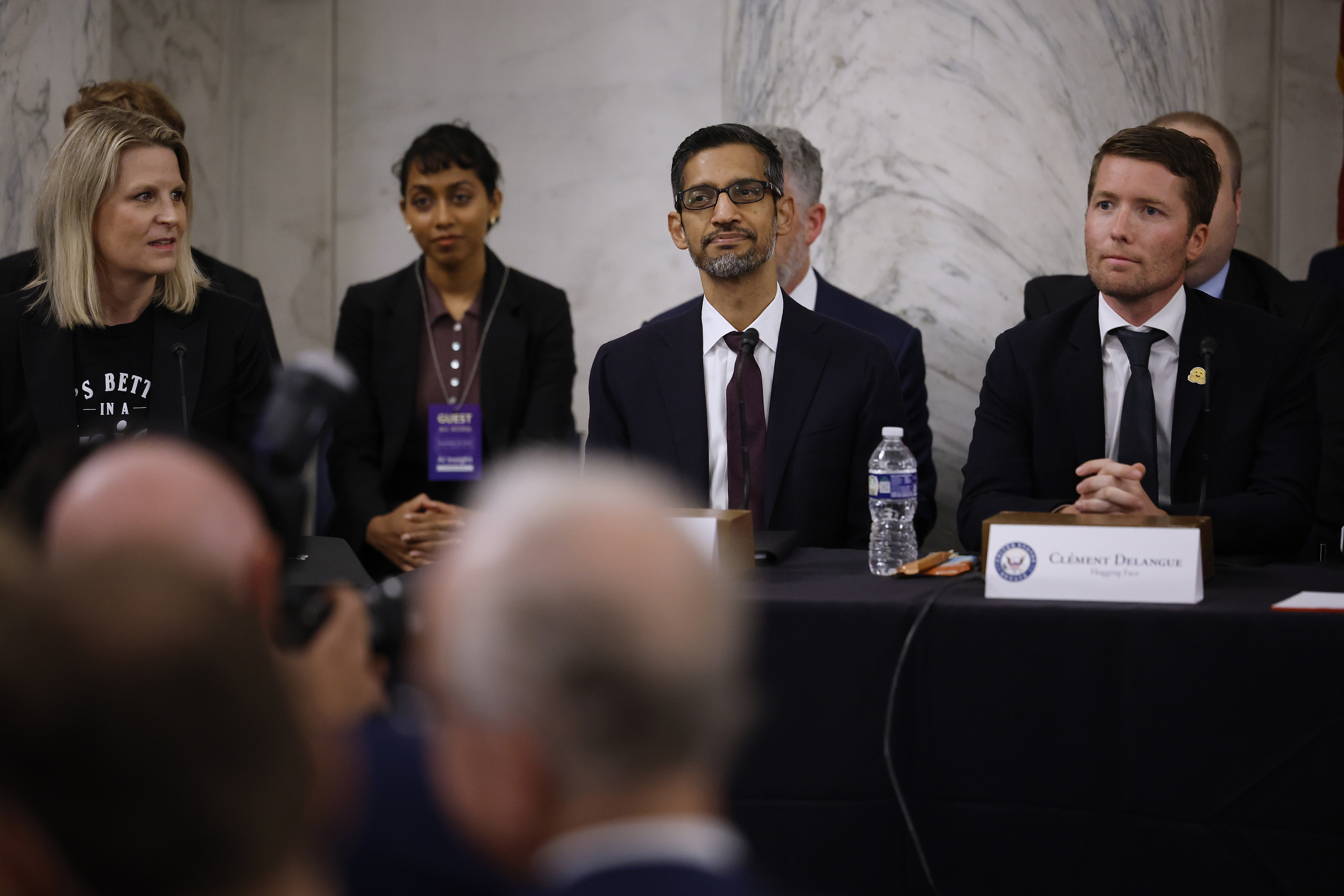
Hugging Face recently announced a landmark partnership with Google
Other weaknesses of Hugging Chat Assistants include the lack of web search or retrieval augmented generation (RAG) support.
Despite its shortcomings, though, Hugging Face’s open source offering is still impressive. It looks to bolster Hugging Face’s position in the ever-accelerating AI goldrush, which just recently saw it secure a landmark partnership with Google.
Hugging Face “cuts out the heavy lifting” for open source AI development

This is a significant announcement for not only the open source AI, but also the entire tech sector. Throughout 2023, enthusiasm for generative AI among business leaders has slowly been pitted against the rising cost of generative AI platforms with Ben Wood, chief analyst and CMO at CCS Insight telling ITPro that many small firms would find AI “prohibitively expensive”.
In bringing customized chatbots to businesses for free, backed by powerful open source models, Hugging Face has put generative AI back on the table for those firms unable to afford the ongoing costs of public AI, or cough up the sizable funds necessary to train a model of their own.
Open source AI isn’t new in itself, as Hugging Face has been platforming free machine learning and generative AI models for some time.
But this new announcement cuts out the heavy lifting of implementing an open source model, allowing firms with smaller IT teams or limited time and resources to adopt AI for free. This is a big step toward ‘democratizing’ AI, a term many supporters of open source AI have come to use in the past year and a half.

For the vast majority of firms, this will not come into play and has been interpreted by many as an ‘anti hyperscaler’ clause to prevent competitors such as Google and Microsoft from using it directly. Smaller firms – that is, almost every other company in the world – seeks to benefit from the powerful, free model.
Mistral claims that Mixtral not only outperforms Llama 2 on “most benchmarks”, but is also superior to GPT-3.5 in the standard benchmarks too. This claim is borne out in some of its publication data, with the model achieving 70.6% in the text reasoning Massive Multitask Language Understanding (MMLU) benchmark against Llama 2 70B’s 69.9% and GPT-3.5’s 70%.
RELATED RESOURCE

Adopt generative AI and maintain security, privacy, and compliance
DOWNLOAD NOW
In other benchmarks such as WinoGrande, which pits LLMs against 44,000 reasoning problems, Mixtral’s score of 81.2% could not match Llama 2’s 83.2%. Both models cannot match Google’s Gemini or OpenAI’s GPT-4 – but they may not need to.
For many firms, functionality competitive with the free tier of ChatGPT will be good enough, particularly as part of a customer service funnel that redirects users to a human contact if problems aren’t resolved after a set window.
There’s also no reason to believe that Hugging Face won’t continue to update the platform with better models as they arrive. Meta is reportedly working on an even more powerful Llama 3 and Mistral aims to become a “European champion” for AI.
The benefits and potential of open source AI will continue to be explored in the coming weeks and months, as firms make models such as Llama 2 and Mixtral part of their software stack. This will make a meaningful contribution to that aim at the enterprise level.

George Fitzmaurice is a former Staff Writer at ITPro and ChannelPro, with a particular interest in AI regulation, data legislation, and market development. After graduating from the University of Oxford with a degree in English Language and Literature, he undertook an internship at the New Statesman before starting at ITPro. Outside of the office, George is both an aspiring musician and an avid reader.
- Rory BathgateFeatures and Multimedia Editor
-
 Will a generative engine optimization manager be your next big hire?
Will a generative engine optimization manager be your next big hire?In-depth Generative AI is transforming online search and companies are recruiting to improve how they appear in chatbot answers
-
 European Commission clears Google’s Wiz acquisition, citing 'credible competition' from Amazon and Microsoft
European Commission clears Google’s Wiz acquisition, citing 'credible competition' from Amazon and MicrosoftNews Regulators said there are “several credible competitors” to Google regardless of the acquisition
-
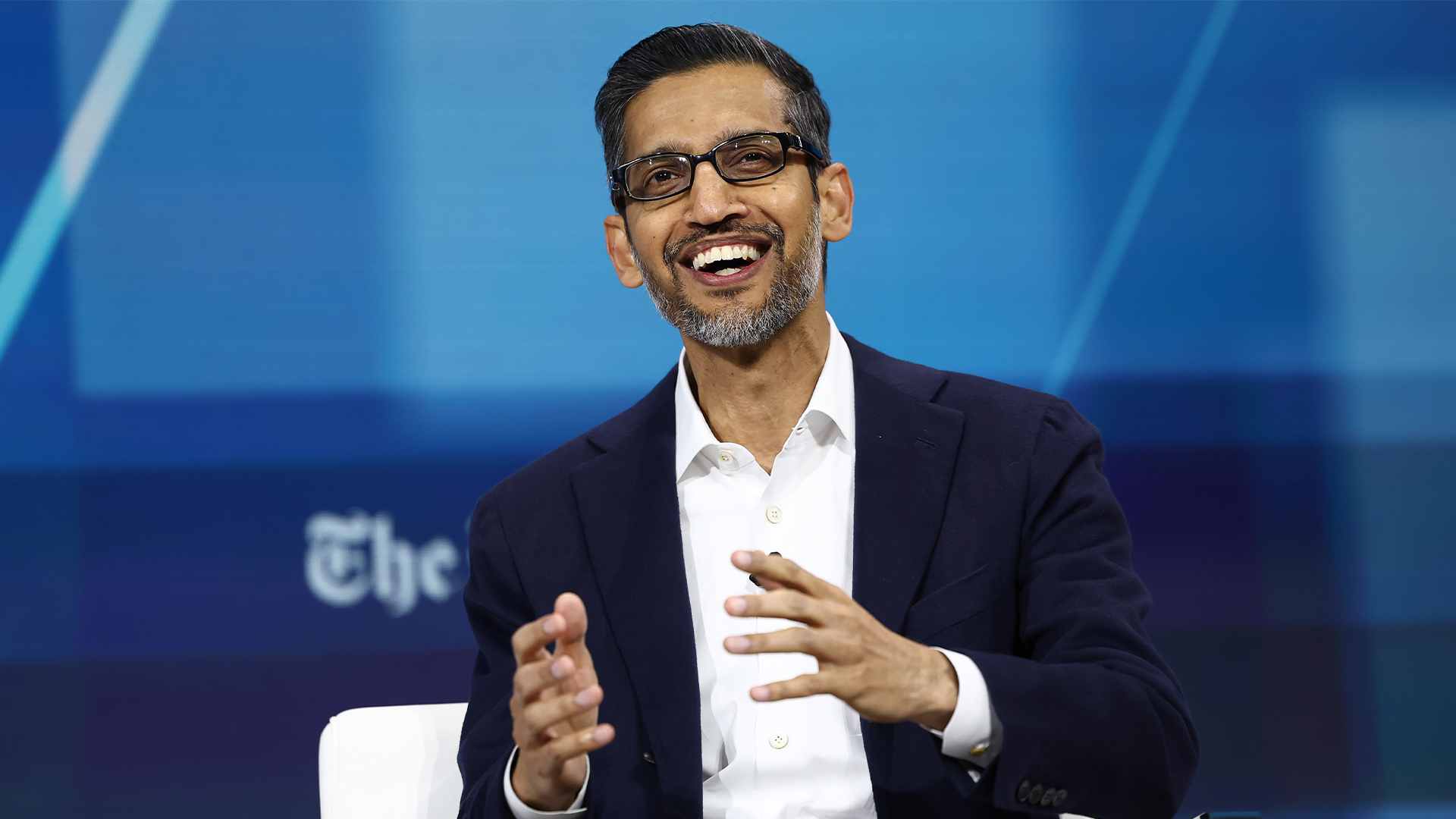 ‘The fastest adoption of any model in our history’: Sundar Pichai hails AI gains as Google Cloud growth, Gemini popularity surges
‘The fastest adoption of any model in our history’: Sundar Pichai hails AI gains as Google Cloud growth, Gemini popularity surgesNews The company’s cloud unit beat Wall Street expectations as it continues to play a key role in driving AI adoption
-
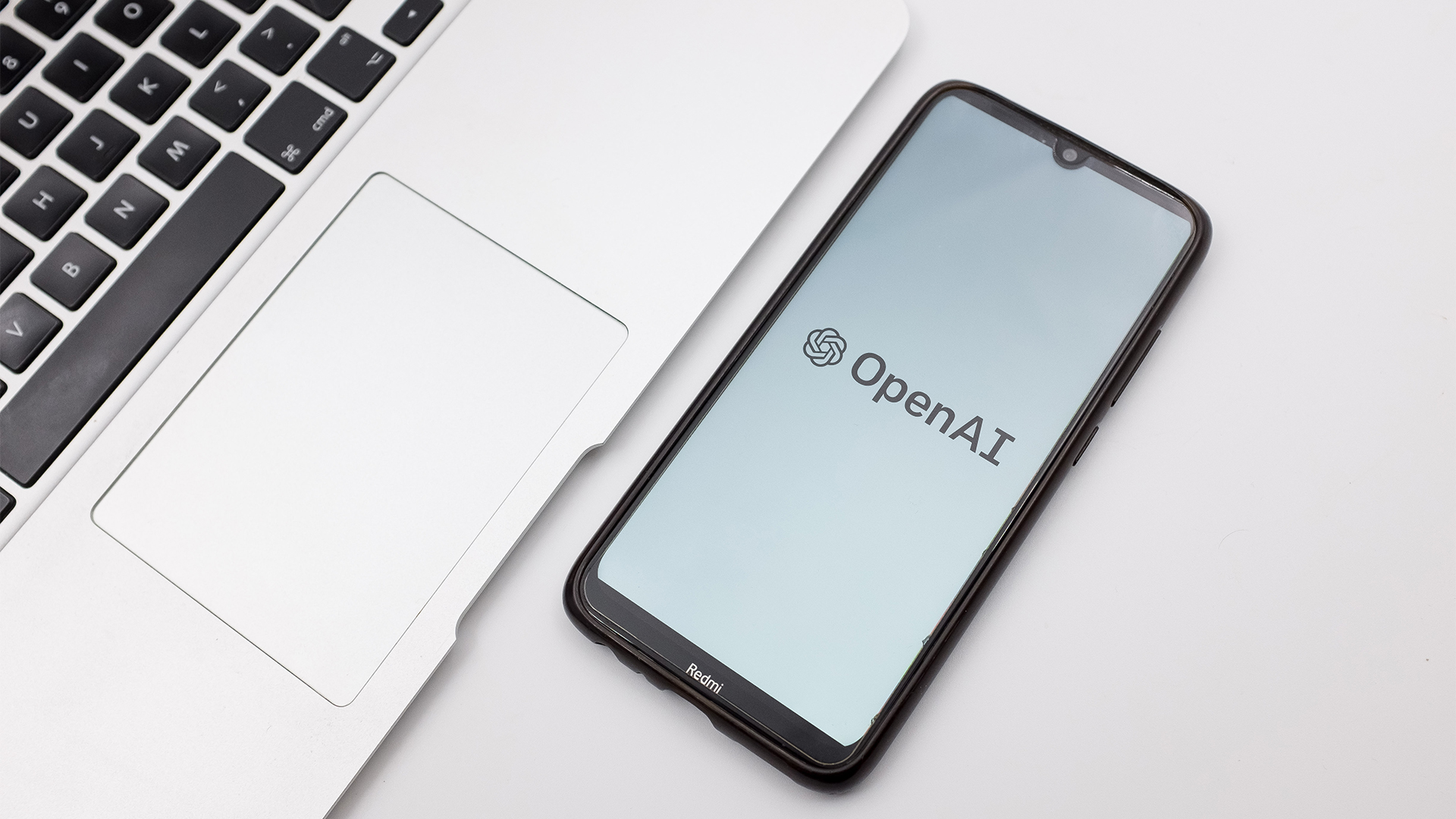 OpenAI's Codex app is now available on macOS – and it’s free for some ChatGPT users for a limited time
OpenAI's Codex app is now available on macOS – and it’s free for some ChatGPT users for a limited timeNews OpenAI has rolled out the macOS app to help developers make more use of Codex in their work
-
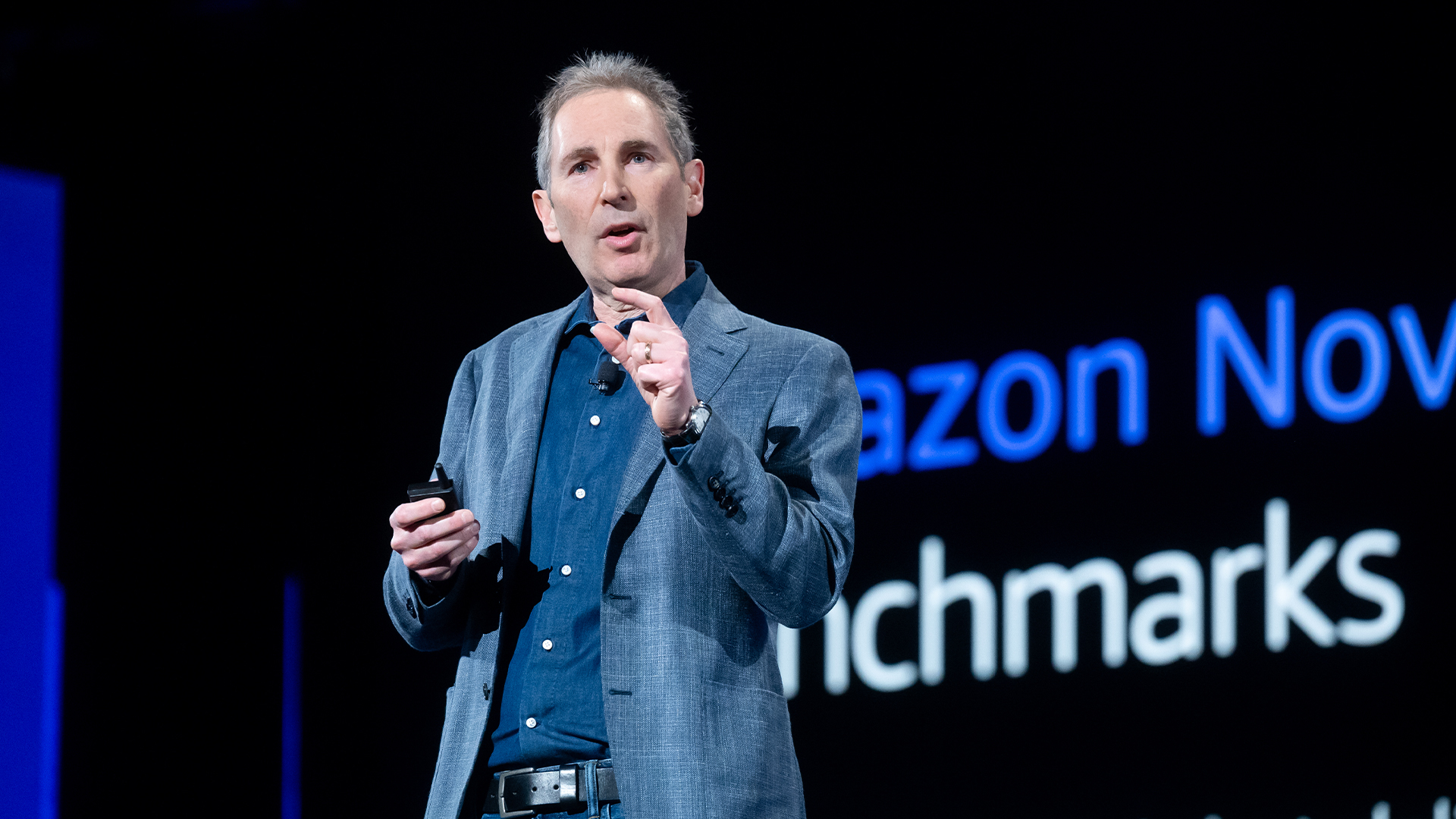 Amazon’s rumored OpenAI investment points to a “lack of confidence” in Nova model range
Amazon’s rumored OpenAI investment points to a “lack of confidence” in Nova model rangeNews The hyperscaler is among a number of firms targeting investment in the company
-
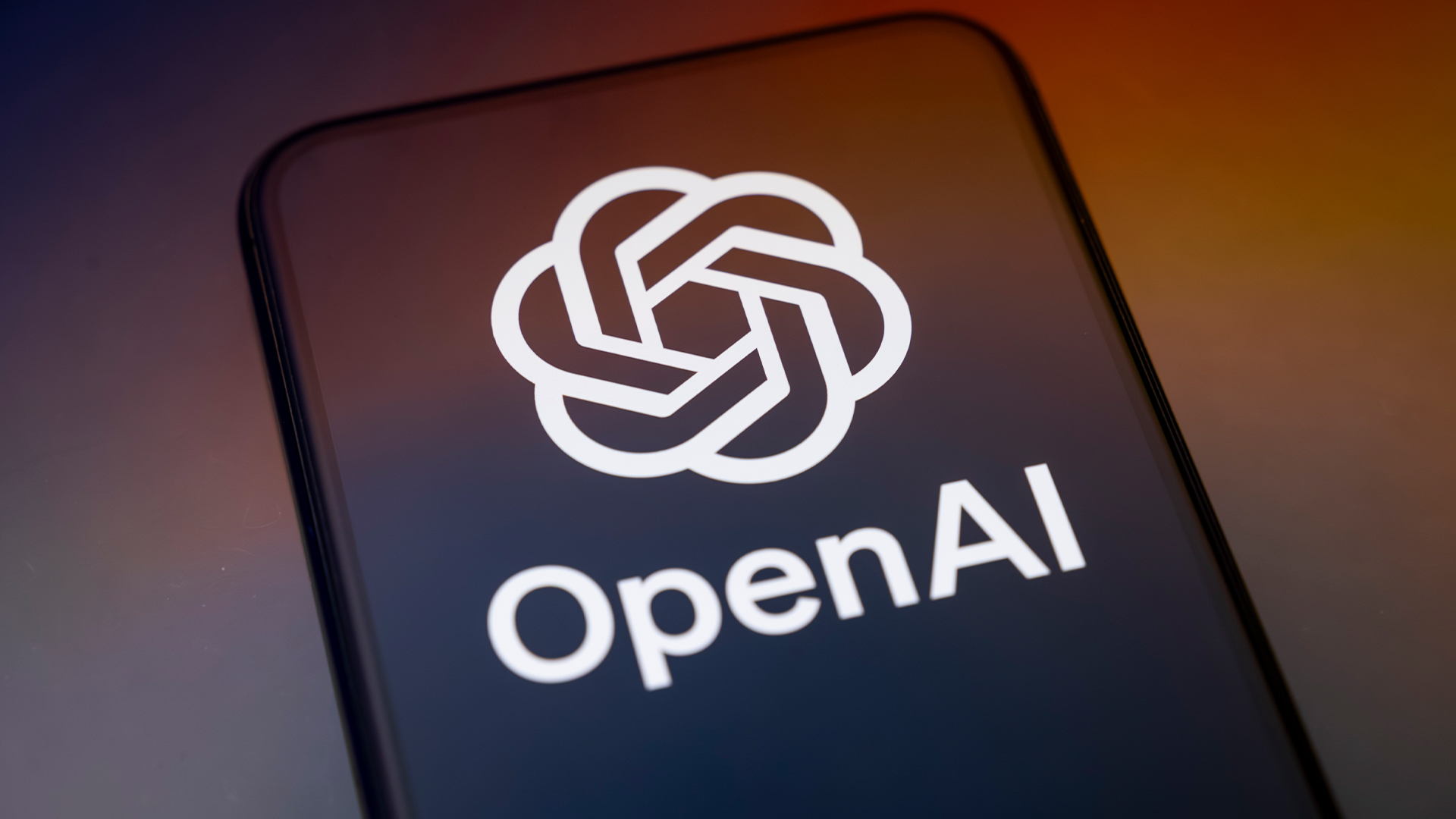 OpenAI admits 'losing access to GPT‑4o will feel frustrating' for users – the company is pushing ahead with retirement plans anway
OpenAI admits 'losing access to GPT‑4o will feel frustrating' for users – the company is pushing ahead with retirement plans anwayNews OpenAI has confirmed plans to retire its popular GPT-4o model in February, citing increased uptake of its newer GPT-5 model range.
-
 ‘In the model race, it still trails’: Meta’s huge AI spending plans show it’s struggling to keep pace with OpenAI and Google – Mark Zuckerberg thinks the launch of agents that ‘really work’ will be the key
‘In the model race, it still trails’: Meta’s huge AI spending plans show it’s struggling to keep pace with OpenAI and Google – Mark Zuckerberg thinks the launch of agents that ‘really work’ will be the keyNews Meta CEO Mark Zuckerberg promises new models this year "will be good" as the tech giant looks to catch up in the AI race
-
 DeepSeek rocked Silicon Valley in January 2025 – one year on it looks set to shake things up again with a powerful new model release
DeepSeek rocked Silicon Valley in January 2025 – one year on it looks set to shake things up again with a powerful new model releaseAnalysis The Chinese AI company sent Silicon Valley into meltdown last year and it could rock the boat again with an upcoming model
-
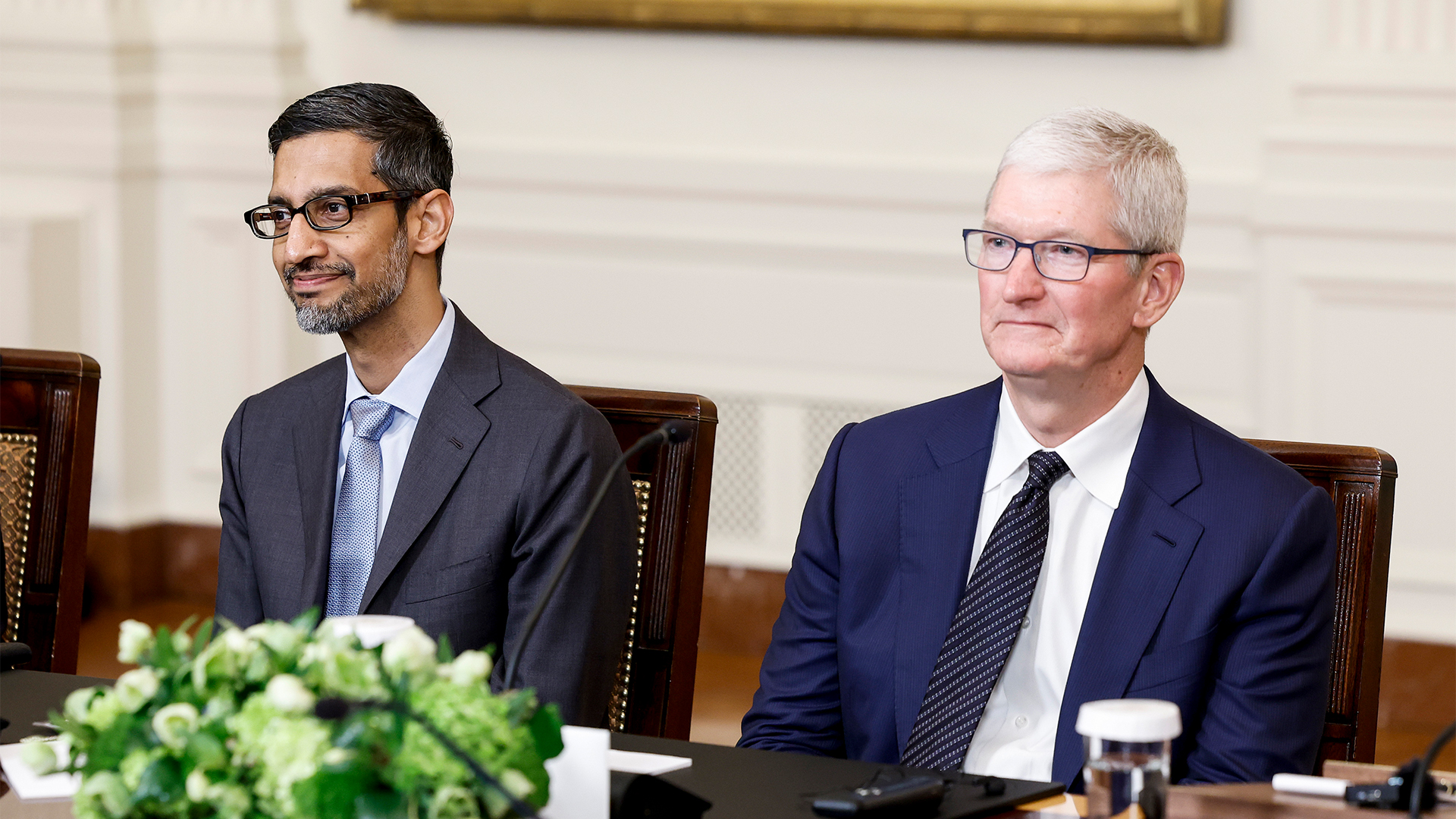 Google’s Apple deal is a major seal of approval for Gemini – and a sure sign it's beginning to pull ahead of OpenAI in the AI race
Google’s Apple deal is a major seal of approval for Gemini – and a sure sign it's beginning to pull ahead of OpenAI in the AI raceAnalysis Apple opting for Google's models to underpin Siri and Apple Intelligence is a major seal of approval for the tech giant's Gemini range – and a sure sign it's pulling ahead in the AI race.
-
 OpenAI says prompt injection attacks are a serious threat for AI browsers – and it’s a problem that’s ‘unlikely to ever be fully solved'
OpenAI says prompt injection attacks are a serious threat for AI browsers – and it’s a problem that’s ‘unlikely to ever be fully solved'News OpenAI details efforts to protect ChatGPT Atlas against prompt injection attacks
